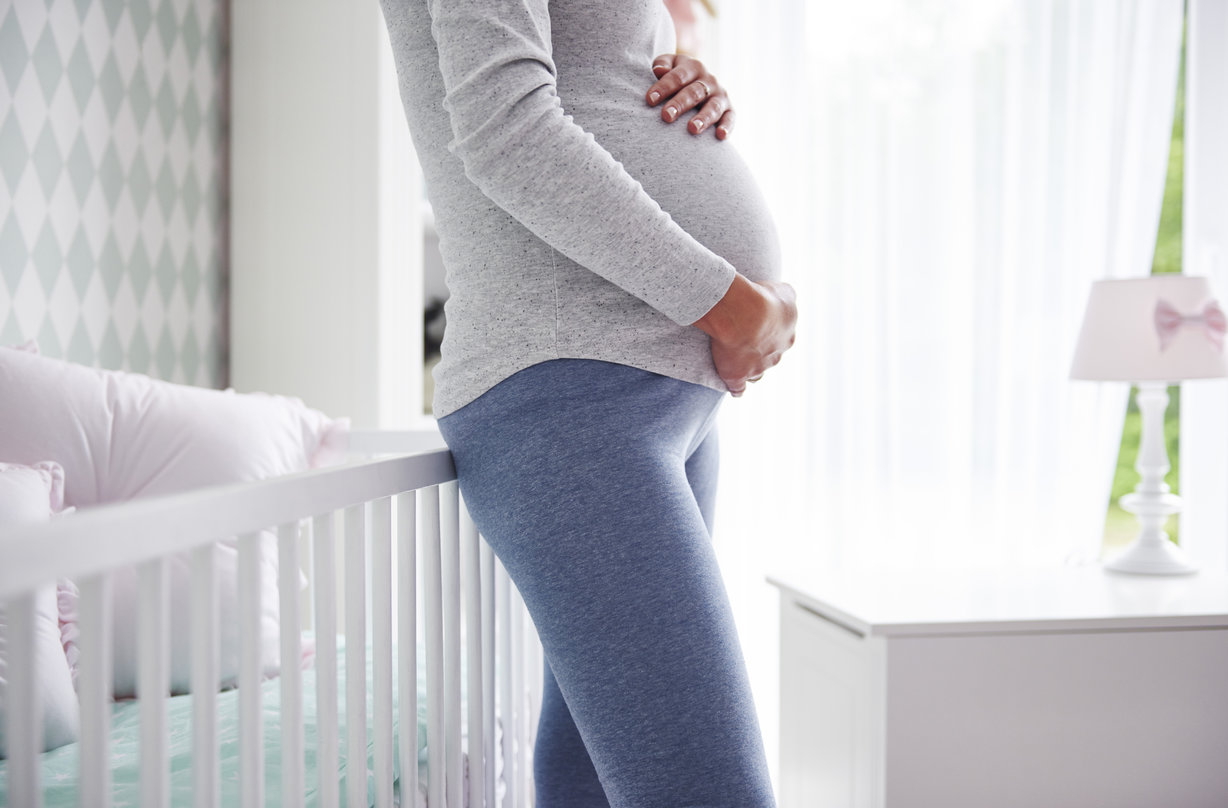Miscarriage anxiety in expectant parents increases by 33% in 10 years
Survey calls for change in the way we talk about baby loss

Parenting advice, hot topics, best buys and family finance tips delivered straight to your inbox.
You are now subscribed
Your newsletter sign-up was successful
Despite miscarriage rates not changing in the UK in recent years, more pregnant women are anxious about miscarriage now than they were a decade ago.
New research by Madeformums has revealed that anxiety about miscarriage has increased by a staggering 33% in the past 10 years, although expectant parents do say they feel 11% more confident about pregnancy as a whole.
The research shows that awareness about miscarriages has risen significantly, due to the information available in the media and on social media channels.

Susie Boone, Editorial Director of Madeformums believes this awareness is important, but realises it could be the reason for elevated anxiety. ‘We strongly believe that breaking taboos around miscarriage and encouraging women to speak opening and honestly is a good thing, but raising awareness may inadvertently also be increasing anxiety among expectant parents.’
Early signs and symptoms of a miscarriage
According to the results, 51% of people said they had become more anxious after viewing social media, and consequently women are choosing to use pregnancy tests in a new way. Not just to discover whether they’re pregnant, but to check if they’re still pregnant. Eight in ten women use more than one test during a single pregnancy, with two in 10 using five or more.

Power of positivity
However, Susie believes that talking about positive stories of birth after miscarriage – also known as ‘Rainbow Babies’ – may help the situation.
Parenting advice, hot topics, best buys and family finance tips delivered straight to your inbox.
According to the study, a third of the respondents felt less concerned after reading these stories. ‘Evidence suggests stories of birth after miscarriage can reduce anxiety, [so] we’re calling for more awareness of this other side of baby loss, as well.’
Guidance, including what to if expectant parents are concerned, from health professionals has also proved invaluable. ‘The guidance I got from health professionals about what are abnormal pains – and that if I’m worried I should get checked no matter how many times that may be because it’s better to be safe – made me feel like I could turn to the professionals to listen and help,’ said one respondent.

Breaking taboos
It’s estimated that 20% of women miscarry before 12 weeks. Despite how common this is, women rarely talk about it.
Any woman who has experienced miscarriage will know the emotional and physical trauma that follows. From the physical side effects to the way in which medical professionals deal with the situation (sometimes insensitively) the whole process can be harrowing. Not to mention the impact it can have on the relationship with your other half.
Talking opening about miscarriage is key and we should continue to do so, according to the experts. ‘The Miscarriage Association and other groups that focus on miscarriage in their campaigns have worked hard in recent years to increase awareness of how common miscarriage actually is and to dispel the idea that miscarriage is something we shouldn’t discuss,’ says Ruth Bender Atik, National Director of the Miscarriage Association.
Family GP Dr Philippa Kaye agrees. ‘We are talking more about miscarriage, which means that women may feel more comfortable coming forward and sharing their own experiences. As the taboo, slowly begins to be broken down more women are being brave and speaking about it.’